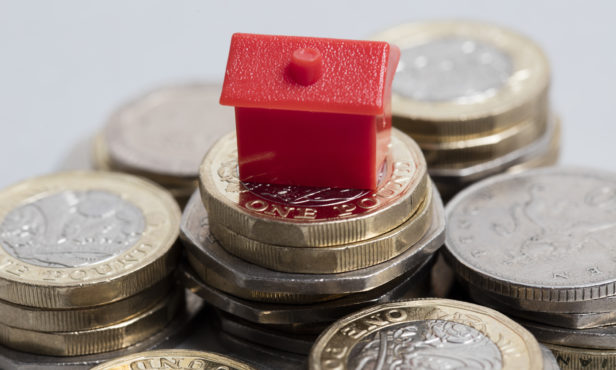Annual house price growth has halted, with prices down 0.1% year-on-year in June 2020, following a rise of 1.8% in May, according to Nationwide’s House Price Index.
This is the first example of negative annual growth since 2012.
Seasonally adjusted prices fell 1.4% month-on-month in June, compared to a fall of 1.7% in May.

Blend Network: Nationwide HPI reflects full effects of lockdown
The average house price in June 2020 was £216,403, whereas in May it was £218,902.
All UK regions saw modest annual price growth of between 0% and 5% in Q2 as a whole – taking April, May and June together and comparing with the same period of 2019.
The North West was the strongest performing region, with annual price growth picking up slightly to 4.8%.
In London, house prices increased by 2.1% in Q2.
Average prices in the capital are now just 3% below the highs recorded in Q1 2017 and 55% above their 2007 levels, while UK prices remain 19% higher than their 2007 peak.
The Outer Metropolitan region saw a modest pickup in annual price growth to 1.6%, while the Outer South East region saw annual price growth rise to 2.1%.
The North was the weakest performing region, with prices unchanged compared with a year ago.
Scotland was the strongest performing nation in Q2, with annual price growth rising to 4.0%.
Wales and Northern Ireland saw annual price growth of 1.0% and 0.1%, respectively.
Robert Gardner, chief economist at Nationwide, said: “This is the first time that annual house price growth has been in negative territory since December 2012.
“It is unsurprising that annual house price growth has stalled, given the magnitude of the shock to the economy as a result of the pandemic.
“Economic output fell by an unprecedented 25% over the course of March and April – almost four times more than during the entire financial crisis.
“Housing market activity also slowed sharply as a result of lockdown measures implemented to control the spread of the virus.
“While latest data from HMRC showed a slight pickup in residential property transactions from April’s low, in May they were still 50% lower than the same month in 2019.
“Mortgage activity saw an even more dramatic slowdown – there were only 9,300 approvals for house purchase in May, down from 73,700 in February and 86% lower than in May 2019.
“However, our ability to generate the house price index has not been impacted to date, as sample sizes have remained sufficiently large (and representative) to generate robust results.
“With lockdown measures due to be eased in the weeks ahead, housing market activity is likely to edge higher in the near term, albeit remaining below pre-pandemic levels.
“Nevertheless, the medium-term outlook for the housing market remains highly uncertain.
“Much will depend on the performance of the wider economy, which will in turn be determined by how the pandemic and restrictions on activity evolve (including any behavioural shifts).
“The raft of policies adopted to support the economy, including to protect businesses and jobs, to support peoples’ incomes and keep borrowing costs down, should set the stage for a rebound once the shock passes, and help limit long-term damage to the economy.
“These same measures should also help ensure the impact on the housing market will ultimately be less than would normally be associated with an economic shock of this magnitude.”

